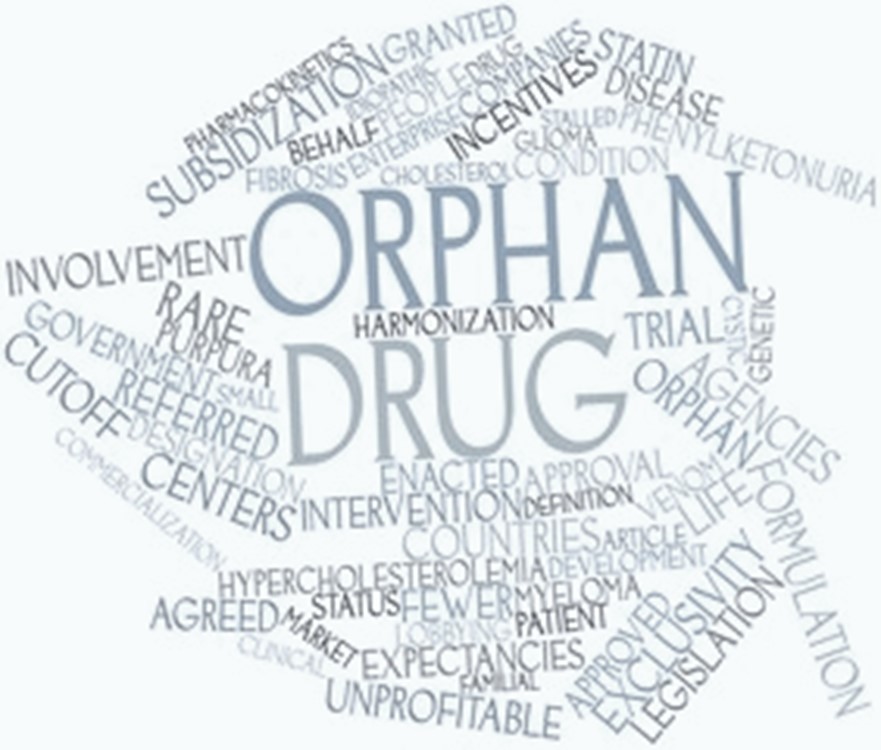
AstraZeneca and MSD have been collaborating for just under two years in oncology, and have so far enjoyed success in accelerating the progress of PARP inhibitor Lynparza.
The tie-up is allowing both companies to bring more firepower to R&D and marketing of the drugs, including novel combination trials across their respective oncology portfolios.
Today the spotlight has been turned on the other molecule in the co-development and co-commercialisation partnership, selumetinib, a MEK 1/2 inhibitor with potential across a range of targeted uses.
The partners have just announced that the FDA has granted the two companies Breakthrough Therapy Designation (BTD) for selumetinib in a rare paediatric condition.
The news is a welcome turn around for the molecule, which failed in a phase 3 trial in non-small cell lung cancer (NSCLC) back in 2016. Now the new niche setting could help AZ and MSD add another drug to their oncology armoury. There are several other MEK inhibitor drugs already on the market, including Novartis’ Mekinst and Roche’s Zelboraf, both licensed for use in melanoma, but none in this indication.
This designation is for the treatment of patients aged three years and older with neurofibromatosis type 1 (NF1) symptomatic and/or progressive, inoperable plexiform neurofibromas (PN), an incurable genetic condition.
The NF1 gene provides instructions for making a protein called neurofibromin, which negatively regulates the RAS/MAPK pathway, helping to control cell growth, differentiation and survival. Mutations in the NF1 gene may result in dysregulations in RAS/RAF/MEK/ERK signalling, which can cause cells to grow, divide and copy themselves in an uncontrolled manner, and may result in tumour growth.
José Baselga, executive vice president, research and development, oncology at AZ welcomed the BTD, saying it acknowledged the significant unmet need of patients with the condition.
His counterpart at MSD, Roy Baynes, SVP and head of global clinical development and chief medical officer, said the news backed up the value of the collaboration.
The BTD is based on phase 2 data from the SPRINT trial, testing selumetinib as an oral monotherapy in paediatric patients, aged three years or older with inoperable NF1-related PN. These results were presented by the National Cancer Institute (NCI) at last year’s ASCO congress, and the drug is now in phase 3 trials.
This is the ninth BTD it has received from the FDA since 2014, and shows the company gaining further momentum in oncology, which is now emerging as one of its main growth drivers. This is thanks to Lynparza, Imfinzi and Tagrisso, the latter expected to become the firm's biggest seller in 2019.
AstraZeneca has also just paid out a hefty $1.35bn upfront payment to become partners with Daiichi Sankyo on its late-stage antibody drug conjugate for HER2+ breast cancer.